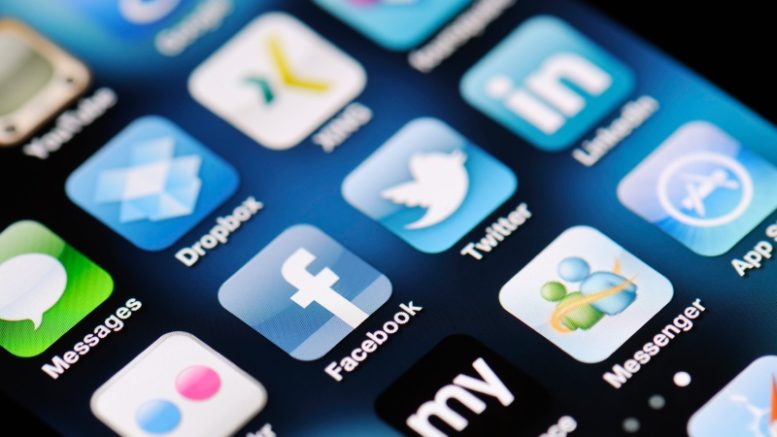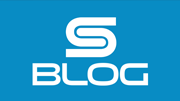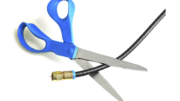Is Pluto an app? Or is it a channel? What about Max? And if Max isn’t a channel, why not? This is the essence of a conversation I was having with one of my coworkers the other day. I really hadn’t thought about the question this way, and after that conversation, I decided I just might have to.
The 2000s definition
Let’s pretend for a moment that it’s, say, 2009. You have a brand-new smartphone, a tasty new streaming box, and a trusty satellite TV subscription. Back then, the distinction between “app” and “channel” was a little clearer.
A “channel” was easy to define. It was a single source of live programming coming in over the air or through pay television.
An “app” was also pretty easy to define. It was something that ran on a computing device and provided a specific capability like playing a specific game or (more importantly) giving you access to on-demand streaming content.
Even then, the lines were beginning to blur. Most pay-TV companies offered some sort of on-demand programming, and you got to its menu by going to a channel on your remote. As for apps, some of them provided the same content that channels did, just in an on-demand format.
But despite that nascent confusion, no one really mistook a channel for an app or an app for a channel. Today, that’s a little harder to define.
The ultimately confusing app
Let’s take one source of the confusion: Paramount+. This is an app that runs on your phone, streaming box, or in a web browser. It provides on-demand programming found on CBS channels and on the pay-tv Paramount Network. However, it also gives you live TV access to your local CBS station.
Or, if you want to look at the confusion from another point of view, look at Pluto. Pluto is an app that has styled itself to look like a cable TV provider. You get a very familiar guide layout and a list of streams (which they call “channels”) that are even labeled by number. There are commercial breaks and even promos for what’s coming up next. Making things even more confusing is that a lot of the content on Pluto originally aired on TV channels, and the real kicker here is that Pluto is owned by… Paramount.
That’s not to say that Paramount is really the only offender here or even the worst one. ESPN+ functions just like a pay-TV channel except it’s available over streaming. Until early in 2023, Discovery+ let you watch live feeds of many of its pay-TV channels. That capability is rumored to be returning on Max, the successor to Discovery+.
Do these words really even mean anything anymore?
Really, that’s the question we should be asking. In the late 2000s, there was a different sort of confusion: that between a “program” and an “app.” “Apps,” it was said, were derived from “applets.” Those were small single-purpose programs included on older computers. A good example is the calculator. It does one thing and does it well. It doesn’t try to be more than that. The lines kept getting blurrier as apps got fancier and “programs” like Microsoft Word migrated to your phone or tablet.
Eventually we stopped using the word “program” at all and for the most part any thing that ran on our phones, computers, or streaming box and didn’t come with the device. Now, they’re all apps.
So this begs the question of whether or not we should do the same with the word “channel.” Channels are confusing enough already, since in addition to the confusion we’ve already talked about, there’s more. Your typical broadcast “channel” contains five or six different broadcast sources, and you can get them all with an over-the-air antenna. Your local cable company probably only gives you one of them.
My simple idea
Yeah, I think we should absolutely call everything an “app” from now on. Most younger folks aren’t really focused on channel numbers, and at least one network is moving away from them anyway. If the next generation of TV broadcasting actually happens, each “channel” will have both live and on-demand content anyway. So let’s just call them all apps and call it a day. It may take some time to adjust, but in the end it will be easier.





